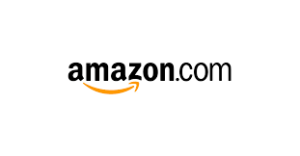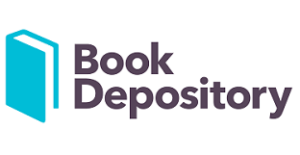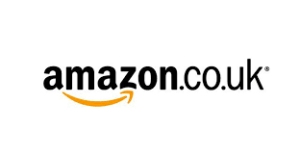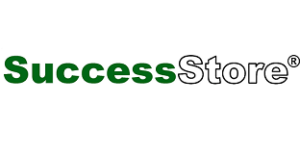“While labels serve a purpose, is it time to transition from terms like hybrid, agile, blended or Smart ways of working to just ‘ways of working’ ”
As we embark on a new year, we are commonly asked what we think is coming in the next phase of work, following the intense focus on pandemic and ‘post-pandemic’ related themes of the last 3 years. As the much quote saying goes “predictions are hazardous things especially when the future is concerned” – wise enough advice for the uncertain times in which we live….
Back to the Future
But as the worst of the pandemic recedes, there is no doubt that ‘future of work topics’ that were already in play before 2020 will now accelerate up the agenda such as digitialisation, ESG, future fit skills/talent concerns, work re-design and the need for improved organisational resilience & adaptability. These issues and more, with the implications they naturally create for individuals, leaders and policy makers, will play out in the months and years ahead as we also grapple with shorter term priorities and concerns at global and local level. Indeed, one change we are seeing more evidence of is organisations framing their ‘future of work strategies’ in a more deliberate way than ever before in order to inform their shorter/medium term business and people strategies.

Need to move on
To help give us the space and time to attend to such important themes and other priorities, one thing is clear after the experience of the last few years. There is now a clear need to ‘move on’ from the debate and clamour around hybrid working. Flexible working in various forms, and informed by different influences on working styles such as agile, is here to stay. The societal need and demand for flexibility in how and where we work, and the capability to deliver it, were already big issues in the world of work well before 2020. And the organisational requirement to continually re-design work and flexibly retain, engage and access talent and skills when and where it is most needed will continue at pace.
New ways of working are beginning to settle
In terms of transitioning to new, post-pandemic ways working, it is still early days. But for most it is now clearly a case of moving from the uncertain, ‘getting started’ experiences of 2021/22 to the more confident and assured ‘up and running’ phase in 2023.
“While labels serve a purpose, is it time to transition from terms like hybrid, agile, blended or Smart ways of working to just ‘ways of working’ ”

In our enablement work across all sectors and organisational sizes, we are seeing positive results and great examples of ‘what good looks like’ in this next, up and running, phase of work as it plays out across all types of teams. We help managers and team pick from the menu of all these concepts and practices such as agile, hybrid and Smart to create their own ways of working that deliver and work for them. For example:
- Buoyed by the experiences of the last few year, executive teams authentically reflecting on their own leadership habits, behaviours and ways of working, how they collectively and individually show up together and with their teams, role modelling what high performance teamwork looks like for others.
- Managers empowering their teams, providing purpose, clarity, energy and freedom to develop ways of working that deliver results, achieving the balance between flexibility and accountability
- HR teams adopting new ways of working to embrace their expanded mandate, co-creating solutions with their business colleagues and taking their rightful place as enablers of flexibility, talent and people led performance.
- Individuals being supported and provided with the skills they need to thrive and confidently navigate the future of work and the changing demands of modern working life.
By creating positive ways of working at team and individual level, we not only achieve great results and a positive work experience, we also provide the space, trust and flexibility to take on whatever challenges (and opportunities) lie ahead.
Let’s move on and positively shape the next phase work.
Author:
Kevin Empey, Founder, WorkMatters








